Home>Articles>Everything You Need To Know When Buying A Townhouse
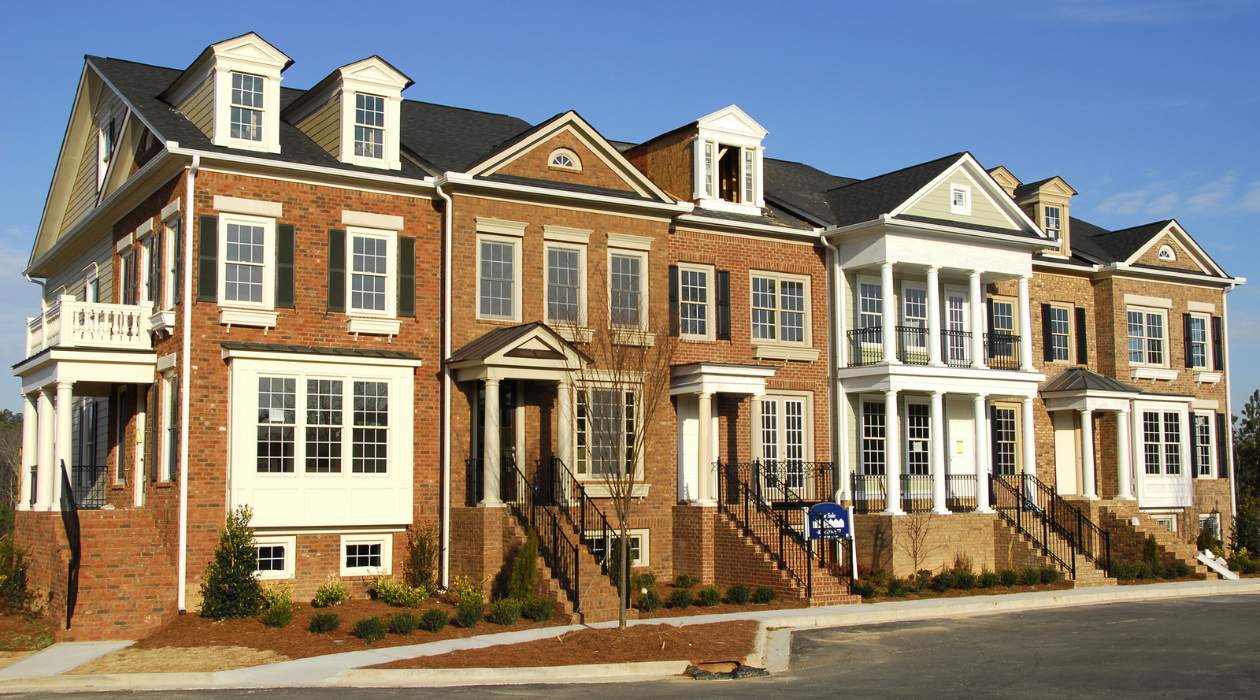

Articles
Everything You Need To Know When Buying A Townhouse
Modified: January 6, 2024
Looking to buy a townhouse? Read our informative articles covering everything from financing options to finding the perfect location. Get all the knowledge you need to make an informed decision.
(Many of the links in this article redirect to a specific reviewed product. Your purchase of these products through affiliate links helps to generate commission for Storables.com, at no extra cost. Learn more)
Introduction
When it comes to buying a new home, there are various options available. One popular choice is a townhouse. A townhouse offers a unique blend of privacy, space, and community living. Whether you are a first-time homebuyer or looking to downsize, townhouses can be a great option. However, before diving into the world of townhouse ownership, there are several factors you should consider. In this article, we will delve into everything you need to know when buying a townhouse.
First and foremost, it’s essential to understand what a townhouse is. A townhouse is a multi-level home that shares at least one wall with another unit. Unlike apartments or condominiums, townhouses are individual dwellings with separate entrances. They often come with their own outdoor space, such as a backyard or patio.
One of the primary advantages of living in a townhouse is the location. Townhouses are commonly found in urban or suburban areas, providing easy access to amenities such as shopping centers, restaurants, schools, and parks. The proximity to these amenities is a significant draw for buyers who value convenience and proximity to essential services.
Size and layout are crucial considerations when purchasing a townhouse. Unlike small apartments or spacious detached houses, townhouses typically fall in between. They offer more square footage than apartments while being more compact than a single-family home. Townhouses often feature two or three bedrooms, multiple bathrooms, a living area, and a kitchen. Depending on your needs and preferences, you should look for a townhouse that offers the right amount of space and a layout that suits your lifestyle.
Another key factor to consider when buying a townhouse is the amenities it offers. Common amenities found in townhouse communities include swimming pools, gyms, playgrounds, and clubhouses. These amenities can enhance your quality of life and provide opportunities for socializing and recreation. Make sure to inquire about the available amenities and consider how they align with your preferences and lifestyle.
Homeowners association (HOA) fees are a critical financial consideration when buying a townhouse. HOA fees cover the cost of maintaining common areas, shared amenities, and exterior maintenance. It is important to understand the HOA fees and what they cover before finalizing your purchase. Additionally, take the time to review the HOA rules and regulations to ensure they align with your lifestyle and expectations.
Key Takeaways:
- Buying a townhouse offers a unique blend of privacy, space, and community living. Consider location, size, amenities, HOA fees, and potential resale value to make an informed decision.
- Prioritize safety, security, and privacy when buying a townhouse. Evaluate the neighborhood, property management, and insurance coverage to ensure a safe and comfortable living environment.
Read more: Everything You Need To Know About Ladders
Location
One of the most important factors to consider when buying a townhouse is the location. The location of your townhouse will not only impact your daily life but also play a crucial role in the long-term value of your investment.
First, consider the neighborhood in which the townhouse is situated. Is it a safe and desirable area? Research the crime rates and the reputation of the neighborhood to ensure that it aligns with your personal preferences and lifestyle.
Next, consider the proximity to essential amenities. Look for a townhouse that is conveniently located near grocery stores, schools, hospitals, parks, and other facilities that are important to you. Having these amenities nearby can greatly enhance your quality of life and save you time and effort in daily activities.
Transportation is another vital consideration. Evaluate the accessibility and availability of public transportation options such as buses, trains, and subways. If you have a vehicle, assess the parking situation in the area, particularly if the townhouse does not come with designated parking spaces. Take into account the commute time to your workplace or other frequent destinations, as this can significantly impact your day-to-day routine.
Consider the overall development and growth potential of the area. Are there any upcoming infrastructure projects or plans for new commercial developments? This information can give you an idea of the future prospects of the neighborhood and potentially increase the value of your townhouse investment over time.
Lastly, consider the natural surroundings and ambiance of the location. Do you prefer a quiet and serene environment or a bustling urban setting? Take a visit to the area at different times of the day to get a sense of its atmosphere and noise levels. Keep in mind your personal preferences for privacy and the amount of noise you are comfortable with.
Remember that location plays a significant role in the resale value of your townhouse. A desirable location with high demand will typically lead to a higher appreciation of property value. Therefore, it is crucial to carefully evaluate the location of a townhouse before making a purchase to ensure it meets your current and future needs.
Size and Layout
When buying a townhouse, one of the essential considerations is the size and layout of the property. The size of a townhouse can vary significantly, so it’s crucial to find one that meets your space requirements and fits your lifestyle.
Start by assessing the number of bedrooms and bathrooms you need. Townhouses typically come with two or three bedrooms, with some larger units offering more. Consider whether you need additional space for a home office, a guest room, or a hobby room. It’s important to have enough bedrooms to accommodate your family and guests comfortably.
Take a close look at the layout of the townhouse. Is it an open floor plan or more compartmentalized? Decide which layout aligns better with your preferences and needs. Open floor plans can create a sense of spaciousness and are great for entertaining, while compartmentalized layouts offer more privacy and defined spaces.
Consider the size and functionality of the kitchen and living areas. If you enjoy cooking and entertaining, you may prioritize a spacious kitchen with ample counter space and storage. The living area should be able to accommodate your furniture and provide a comfortable space for relaxation and gatherings.
Storage space is another crucial aspect to consider. Evaluate the availability of closets, cabinets, and other storage solutions throughout the townhouse. Sufficient storage ensures that you can keep your belongings organized and minimize clutter.
Don’t forget to consider the outdoor space as well. Some townhouses come with a backyard, patio, or balcony where you can enjoy outdoor activities or relax. Assess the size and usability of the outdoor space and determine if it aligns with your preferences and needs.
It’s important to keep in mind that townhouses generally have less square footage compared to single-family homes. Therefore, it’s crucial to prioritize your space requirements and make the most of the available square footage. Consider your lifestyle, family size, and future needs to determine the right size and layout for your townhouse.
Lastly, when touring potential townhouses, make sure to take measurements and visualize how your furniture and belongings will fit into the space. This will give you a better idea of whether the townhouse can accommodate your lifestyle and belongings comfortably.
By carefully considering the size and layout of a townhouse, you can ensure that it meets your space requirements and provides a comfortable and functional living environment.
Amenities
One of the advantages of buying a townhouse is the availability of amenities within the community. These amenities can enhance your quality of life and provide convenience and entertainment options for you and your family.
Common amenities found in townhouse communities include swimming pools, fitness centers, playgrounds, parks, and clubhouses. Before making a purchase, consider which amenities are important to you and align with your lifestyle.
A swimming pool is a popular amenity in townhouse communities, especially in areas with warm climates. It provides a great way to cool off during the summer months and is a fantastic spot for socializing and relaxation. However, if you don’t enjoy swimming or have specific concerns about pool maintenance, it may not be a significant factor for you.
A fitness center or gym within the townhouse community can be a fantastic convenience. It saves you the time and expense of having to go to an external gym. Having access to exercise equipment and fitness classes just a short walk away can motivate you to stay healthy and fit.
If you have children or enjoy spending time outdoors, a playground or park within the community is a valuable amenity. It provides a safe space for children to play and socialize, and it can also serve as a gathering place for community events and activities.
Clubhouses are common amenities in townhouse communities and can be used for various purposes. They often have spaces for hosting parties, events, or community gatherings. Clubhouses may also feature additional facilities such as a kitchen, game room, or lounge area, providing opportunities for socializing and relaxation.
Additionally, some townhouse communities offer perks such as walking trails, sports courts, or picnic areas. These amenities can add to the overall enjoyment of living in the community and provide opportunities for outdoor activities and recreation.
When considering amenities, it is important to weigh the associated costs. Many townhouse communities charge homeowners association (HOA) fees to maintain and manage these amenities. Make sure to understand the fees involved and what amenities are covered before making a decision.
Ultimately, the availability and quality of amenities can significantly enhance your townhouse living experience. Consider your lifestyle, interests, and the preferences of your family members when evaluating the amenities offered in a townhouse community.
Homeowners Association
When buying a townhouse, it’s important to understand and consider the role of the homeowners association (HOA). An HOA is an organization that governs and manages the common areas and aspects of a townhouse community. It plays a vital role in establishing and enforcing rules and regulations, maintaining the community, and collecting fees from homeowners.
One of the primary functions of an HOA is to maintain the shared spaces and amenities within the townhouse community. This can include landscaping, pool maintenance, parking areas, and common areas such as parks or playgrounds. The HOA collects fees from homeowners to fund these maintenance and management activities.
HOAs also establish rules and regulations to ensure that the community operates smoothly and maintains a certain level of appearance and quality. These regulations can cover a wide range of aspects, such as pet policies, noise restrictions, parking rules, and architectural guidelines. It’s crucial to review and understand these rules before purchasing a townhouse to ensure that they align with your lifestyle and preferences.
HOAs have the power to enforce these rules and impose penalties or fines for violations. This helps to maintain a cohesive and harmonious community environment for all residents. However, it’s important to note that some people may have concerns about the potential restrictions and limitations imposed by an HOA. It is crucial to carefully review the HOA rules and regulations to ensure that they align with your lifestyle and expectations.
Another financial consideration when it comes to HOAs is the fees that homeowners are required to pay. HOA fees typically cover the cost of maintenance, repairs, insurance, and management fees. The amount of these fees can vary depending on factors such as the size of the townhouse, the amenities provided, and the overall upkeep costs of the community.
Prior to purchasing a townhouse, it’s important to review the financial health of the HOA. This includes assessing the reserve funds, budgeting practices, and any pending or future assessments. A well-managed and financially stable HOA is more likely to effectively maintain the community and handle any unforeseen expenses.
Overall, the homeowners association plays a crucial role in the management and maintenance of a townhouse community. Understanding the responsibilities and regulations of the HOA, as well as the associated fees, is essential when considering and purchasing a townhouse.
Financial Considerations
When buying a townhouse, there are several financial considerations that you need to take into account. Understanding these factors will help you make an informed decision and ensure that you can afford the purchase without any unexpected financial strain.
The first financial consideration is the price of the townhouse itself. Take the time to research and compare prices of similar townhouses in the area. Look for factors such as location, size, amenities, and the condition of the property to determine if the price is reasonable and in line with market trends. It’s also essential to consider your budget and determine the maximum amount you are willing to spend on a townhouse.
In addition to the purchase price, you also need to consider the closing costs associated with buying a townhouse. These costs include various fees such as property appraisal fees, title insurance, loan origination fees, attorney fees, and more. It’s important to budget for these additional costs to ensure that you are financially prepared to complete the purchase.
Another crucial financial consideration is securing a mortgage for the townhouse. Understand your credit score, as it will play a significant role in determining the interest rate and terms of your mortgage. Shop around and compare mortgage options from different lenders to find the best rates and terms that fit your financial situation. Remember to consider the down payment requirements and factor in the monthly mortgage payments when calculating your budget.
Homeowners association (HOA) fees are an ongoing financial obligation that you need to consider. HOA fees cover the maintenance of common areas, shared amenities, and sometimes even utilities. Review the HOA fees for the townhouse you are considering and make sure they fit within your budget. Additionally, check if there is a possibility of future fee increases, as this can impact your long-term financial planning.
Property taxes are another financial consideration that you need to account for when buying a townhouse. Research the property tax rates in the area and understand how they will affect your annual expenses. Property taxes can vary significantly depending on location, so ensure that you budget accordingly.
Lastly, it’s important to consider the potential for appreciation and resale value of the townhouse. Look at the historical trends and projections for property values in the area. Investing in a townhouse that is in a growing or desirable location can provide potential financial gains in the future. However, it’s important to note that the real estate market is unpredictable, and there are no guarantees of property value appreciation.
By carefully considering the financial aspects of buying a townhouse, you can ensure that you are making a sound financial decision and have a clear understanding of the costs involved. Consulting with a financial advisor or mortgage specialist can also provide valuable insights and guidance throughout the process.
Property Management
When purchasing a townhouse, it’s important to consider the property management aspect of homeownership. Property management refers to the ongoing maintenance, repairs, and management of your townhouse and the common areas within the community.
In some cases, the property management responsibilities are handled by the homeowners association (HOA) or a professional property management company. This ensures that the townhouse community is well-maintained and that any necessary repairs or maintenance are promptly addressed. It’s important to understand who will be responsible for the property management of your townhouse and what services they provide.
One of the primary responsibilities of property management is the maintenance and upkeep of the common areas within the townhouse community. This can include landscaping, cleaning, and maintenance of shared amenities such as swimming pools, fitness centers, and clubhouses. Property management ensures that these areas are properly maintained and enhances the overall appeal and value of the community.
Property management also plays a role in ensuring that necessary repairs are promptly addressed. Whether it’s a plumbing issue, electrical problem, or any other maintenance concern, property management is responsible for coordinating and overseeing the repairs. This can provide peace of mind to homeowners, knowing that any issues within their townhouse or the community will be taken care of in a timely manner.
Additionally, property management often handles administrative tasks related to the townhouse community. This includes managing financials, collecting HOA fees, enforcing community rules and regulations, coordinating meetings and events, and communicating with homeowners. Property management acts as a liaison between the homeowners and the HOA, ensuring that everyone is properly informed and involved in the community affairs.
Proper property management contributes to a well-maintained and harmonious townhouse community. It helps create a sense of pride and belonging among homeowners and enhances the overall quality of living. When considering a townhouse, it’s important to inquire about the track record and reputation of the property management team to ensure that they are capable of effectively managing the property and meeting the needs of the homeowners.
Lastly, it’s important to understand the cost implications associated with property management. Property management services are typically funded through the homeowners association (HOA) fees that homeowners are required to pay. Make sure to review the HOA fees and understand what services are covered by the property management team.
By considering the property management aspect of townhouse ownership, you can ensure that your property and the community are well-maintained, and that your needs as a homeowner are attended to in a timely and efficient manner.
When buying a townhouse, be sure to carefully review the homeowners association (HOA) rules and fees. These can significantly impact your monthly expenses and lifestyle in the community.
Maintenance and Repairs
Maintenance and repairs are an inevitable part of homeownership, and it’s important to consider how they will be handled when buying a townhouse. Proper maintenance ensures that your townhouse remains in good condition, while prompt repairs address any issues that may arise. Understanding the responsibilities and processes for maintenance and repairs will help you make an informed decision and plan for the associated costs.
In a townhouse community, maintenance and repair responsibilities can vary. In some cases, the homeowners association (HOA) or property management team is responsible for handling common area maintenance, such as landscaping and exterior repairs. This includes tasks such as mowing the lawn, trimming bushes, and repairing any damages to shared facilities.
As a homeowner, you are typically responsible for the maintenance and repairs inside your townhouse. This can include tasks ranging from minor maintenance, such as changing air filters or maintaining appliances, to more significant repairs, such as fixing plumbing issues or replacing faulty electrical components.
It’s important to create a plan and budget for regular maintenance tasks to keep your townhouse in optimal condition. Regular maintenance can help prevent more significant problems and prolong the lifespan of various systems in your home. Examples of routine maintenance tasks include cleaning gutters, checking and replacing caulk or weatherstripping, servicing HVAC systems, and inspecting the roof for any signs of damage.
When it comes to repairs, it’s essential to address them promptly to prevent further damage or potential safety concerns. If you notice any issues in your townhouse, such as leaks, electrical malfunctions, or structural problems, it’s important to report them and coordinate with the relevant parties responsible for repairs. This could be the HOA, property management team, or independent contractors hired by the HOA.
It’s important to understand the process and policies for reporting and addressing repairs in the townhouse community. Some HOAs have specific guidelines and procedures in place, including using approved contractors and obtaining multiple repair quotes. Familiarize yourself with these procedures to ensure that repairs are handled efficiently and effectively.
When budgeting for homeownership, it’s crucial to allocate funds for both routine maintenance and unexpected repairs. It’s recommended to set aside a portion of your budget for home maintenance and create an emergency fund to cover unexpected repairs.
In summary, maintaining and repairing a townhouse requires a combination of personal responsibility and coordination with the HOA or property management team. By staying proactive with maintenance and addressing repairs promptly, you can ensure that your townhouse remains in excellent condition, providing you with a comfortable and safe living environment.
Insurance
Insurance is a vital aspect of homeownership, and it’s important to understand the different types of insurance coverage you will need when buying a townhouse. Insurance provides financial protection and peace of mind in the event of unexpected events or damage to your property. Here are some types of insurance you should consider:
1. Homeowners Insurance: Homeowners insurance protects your townhouse and its contents from damage or loss due to perils such as fire, theft, vandalism, or severe weather events. It typically covers the structure of your townhouse, personal belongings, and liability in case someone gets injured on your property. When purchasing homeowners insurance, ensure that the coverage is adequate to protect your investment and personal belongings.
2. Flood Insurance: Depending on the location of your townhouse, you may need to consider flood insurance. Standard homeowners insurance policies typically do not cover damage caused by floodwaters. If your townhouse is situated in a flood-prone area, it is crucial to obtain separate flood insurance to protect against potential damage caused by flooding.
3. Liability Insurance: Liability insurance protects you financially in the event that someone gets injured while on your townhouse property. It covers legal fees, medical expenses, and any judgments or settlements that may arise from a liability claim. Liability insurance is an important safeguard against unexpected accidents or injuries that may occur on your property.
4. Umbrella Insurance: Umbrella insurance provides additional liability coverage beyond the limits of your standard homeowners insurance policy. It protects you from major claims or lawsuits that exceed the liability limits of your primary insurance. Umbrella insurance provides an extra layer of protection and can be especially beneficial for homeowners with significant assets to protect.
When purchasing insurance for your townhouse, it’s important to shop around and compare different insurance providers to ensure you get the best coverage at a competitive price. Consider factors such as the coverage limits, deductibles, and the reputation of the insurance company.
Additionally, it’s advisable to review and update your insurance coverage periodically. Home values can fluctuate, and your insurance needs may change over time. Regularly assess your coverage to ensure it is adequate to protect your property and belongings.
Lastly, it’s important to understand the difference between the insurance coverage provided by your homeowners association (HOA) and your individual insurance policies. The HOA’s insurance typically covers the common areas and structures, while individual homeowners are responsible for insuring their own units and personal belongings. Review the HOA’s insurance policy to understand what is covered and determine what additional coverage you need for your townhouse.
By obtaining the appropriate insurance coverage for your townhouse, you can protect your investment, personal belongings, and finances in case of unexpected events or accidents. Consult with an insurance professional to ensure you have the right coverage for your specific needs.
Privacy and Noise
Privacy and noise are important considerations when buying a townhouse. While townhouses offer a unique blend of privacy and community living, it’s essential to understand how these factors can impact your daily life and overall enjoyment of your home.
One of the advantages of townhouse living is the level of privacy it offers compared to apartments or condominiums. With separate entrances and individual living spaces, townhouses provide a sense of ownership and privacy that can be appealing to many homeowners. However, it’s important to consider the proximity of your neighbors and the layout of the townhouse community.
Consider the distance between your townhouse and neighboring units. Some townhouse communities are designed with adequate spacing between units, allowing for more privacy. Others may have smaller lots or closer proximity, which could lead to potential privacy concerns. Assess whether the layout of the community and the positioning of your townhouse align with your desired level of privacy.
Noise can be another factor to consider in townhouse living. Due to the shared walls, there is the potential for noise transmission between units. Consider factors such as the construction materials used, insulation, and soundproofing measures taken during the construction of the townhouse. These can greatly impact the amount of noise that can be heard between units.
Another consideration is the lifestyle and habits of your neighbors. Assess whether the community consists of permanent residents or if there are rental units. Rental units may have a higher turnover rate and potentially more noise compared to homeowners who are more likely to have a vested interest in maintaining a peaceful community.
If privacy and noise are important factors for you, it may be beneficial to visit the townhouse community during different times of the day to get a sense of the noise level and activity. Listen for any excessive noise that may impact your peace and comfort. Additionally, consider speaking with current residents or neighbors to get their insights on the noise level and privacy within the community.
While it’s important to consider privacy and noise, it is worth noting that establishing good relationships with your neighbors can greatly contribute to a harmonious living environment. Open communication, mutual respect, and adhering to community rules and regulations can help create a peaceful atmosphere within the townhouse community.
Ultimately, determining your desired level of privacy and evaluating noise factors will help you make an informed decision when buying a townhouse. Consider the layout, construction quality, and lifestyle of the community to ensure that you find the right balance between privacy and community living that suits your needs and preferences.
Safety and Security
Safety and security are paramount when considering a townhouse as your next home. As with any living arrangement, it’s essential to prioritize the well-being of yourself, your family, and your belongings. When buying a townhouse, consider the following factors related to safety and security:
1. Gated or Secured Community: Many townhouse communities offer gated or secured entrances, providing an extra layer of security. These measures help control access to the community and can deter unauthorized individuals from entering. Consider whether a gated or secured community is important to you in order to enhance safety and limit unwanted visitors.
2. Exterior Lighting: Adequate exterior lighting is crucial for safety and security. Well-lit common areas, walkways, and parking lots can discourage criminal activity and improve visibility during nighttime hours. Ensure that the townhouse community you are considering has sufficient lighting to promote a safe environment.
3. Security Systems: Some townhouse communities may offer security systems or have provisions in place for individual homeowners to install their own systems. Consider whether a security system is a priority for you and inquire about the availability of security options within the community.
4. Fire Safety Measures: Familiarize yourself with the fire safety measures in place within the townhouse community. Are there smoke detectors, fire alarms, and fire extinguishers installed in each unit? Is there a well-maintained sprinkler system in case of a fire emergency? Fire safety is essential for the protection of your property and the well-being of residents.
5. Neighborhood Safety: Research the safety of the neighborhood surrounding the townhouse community. Consider factors such as crime rates, proximity to police stations or security services, and any past incidents in the area. Online resources and discussions with local law enforcement can provide insights into the safety of the neighborhood.
6. Privacy Measures: Privacy is often intertwined with safety and security. Evaluate the level of privacy provided by the design and layout of the townhouse community. Are there sufficient barriers and screening between units to prevent unauthorized access or intrusion?
7. Homeowners Association (HOA) Regulations: Review the HOA regulations pertaining to safety and security. Some HOAs have guidelines and rules regarding the installation of security cameras, exterior lighting, or other safety measures. Understand these regulations to ensure that they align with your desired level of security.
When considering the safety and security of a townhouse community, it may be beneficial to speak with current residents or neighbors. They can provide insights into their experiences and any safety-related concerns. Additionally, consulting with local law enforcement or security experts can provide valuable information on the overall safety of the area.
Prioritizing safety and security when buying a townhouse will provide you with peace of mind and create a secure environment for your household. By evaluating the various factors that contribute to safety and security, you can make an informed decision and choose a townhouse that meets your security needs.
Resale Value
When buying a townhouse, it’s important to consider the potential resale value of the property. While you may plan to live in the townhouse for many years, life circumstances can change, and it’s beneficial to have an investment that will appreciate over time. Understanding the factors that can impact the resale value of a townhouse will help you make a wise purchase decision.
Location: The location of a townhouse has a significant influence on its resale value. A desirable location with good schools, convenient amenities, low crime rates, and easy access to transportation will attract more potential buyers in the future. Proximity to popular neighborhoods, shopping centers, and entertainment options can also enhance the resale value of a townhouse.
Market Conditions: The housing market plays a significant role in the resale value of any property, including townhouses. Market conditions such as supply and demand, interest rates, and economic factors will impact the price at which you can sell your townhouse in the future. Understanding the current market conditions and working with a knowledgeable real estate agent can help you make informed decisions.
Property Condition: Maintaining your townhouse in good condition will contribute to its resale value. Regular upkeep, repairs, and updates will help preserve the property and attract potential buyers. Features such as a well-maintained exterior, upgraded appliances, and modern finishes can increase the appeal and marketability of your townhouse when it comes time to sell.
Amenities and Community Features: The amenities and community features within the townhouse complex can impact its resale value. Desirable amenities such as swimming pools, fitness centers, playgrounds, and clubhouses can make your townhouse more appealing to buyers and potentially increase its value. A well-maintained community with attractive landscaping and common areas can also boost the resale value.
HOA Regulations and Fees: The rules and regulations set by the homeowners association (HOA) can influence the resale value. HOA regulations that maintain a high standard in the community can attract potential buyers. On the other hand, excessively high HOA fees or restrictive rules could deter buyers and affect the value. It’s important to review the HOA regulations and fees before purchasing a townhouse and understand how they may impact resale value.
Comparable Sales: Reviewing recent sales of comparable townhouses in the area can give you an idea of the potential resale value of the property. Look at the sale prices of similar-sized units in the past few months to determine how your potential townhouse compares. This research can help you set realistic expectations and make an informed decision.
It’s important to note that the real estate market is dynamic and can fluctuate over time. While it’s helpful to consider the resale value when buying a townhouse, it’s equally crucial to find a property that suits your current needs and preferences. A well-maintained townhouse in a desirable location with appealing amenities is more likely to retain and increase its value over time.
Consulting with a real estate professional who has expertise in the local market can provide valuable insights on the potential resale value of a townhouse. They can help you evaluate the specific factors that will impact the value, ultimately guiding you towards a sound investment.
Conclusion
Buying a townhouse is a significant decision that requires careful consideration of various factors. Throughout this article, we have explored everything you need to know when buying a townhouse, covering important aspects such as location, size and layout, amenities, homeowners association, financial considerations, property management, maintenance and repairs, insurance, privacy and noise, safety and security, resale value, and more.
When purchasing a townhouse, it’s important to find the right balance between your current needs and future considerations. Consider the location of the townhouse, ensuring it aligns with your lifestyle and proximity to essential amenities. Evaluate the size and layout to ensure it provides the space and functionality you require. Assess the amenities offered within the community to enhance your quality of life.
Take the time to understand the role of the homeowners association (HOA) and its impact on your townhouse ownership. Review the financial considerations, including the purchase price, closing costs, and ongoing expenses such as HOA fees and property management. Understand the responsibilities for maintenance and repairs, and secure appropriate insurance coverage to protect your investment and belongings.
Consider factors related to privacy and noise, considering your preferences for a peaceful living environment. Prioritize safety and security, not only within the townhouse community but also in the surrounding neighborhood. Lastly, evaluate the potential resale value of the townhouse, taking into account market conditions, property condition, amenities, and HOA regulations.
In conclusion, buying a townhouse offers a unique living experience that combines privacy, space, and community amenities. By considering all the aspects mentioned in this article, you can make an informed decision that aligns with your needs, preferences, and long-term goals. Whether you are a first-time homebuyer, looking to downsize, or seeking an investment opportunity, understanding the complexities of townhouse ownership will ensure a smoother and more fulfilling experience.
Remember, it’s always advisable to work with a professional real estate agent or consultant who can provide guidance specific to your situation. They can assist you in navigating the buying process, understanding the local market, and making informed decisions that align with your goals.
Frequently Asked Questions about Everything You Need To Know When Buying A Townhouse
Was this page helpful?
At Storables.com, we guarantee accurate and reliable information. Our content, validated by Expert Board Contributors, is crafted following stringent Editorial Policies. We're committed to providing you with well-researched, expert-backed insights for all your informational needs.

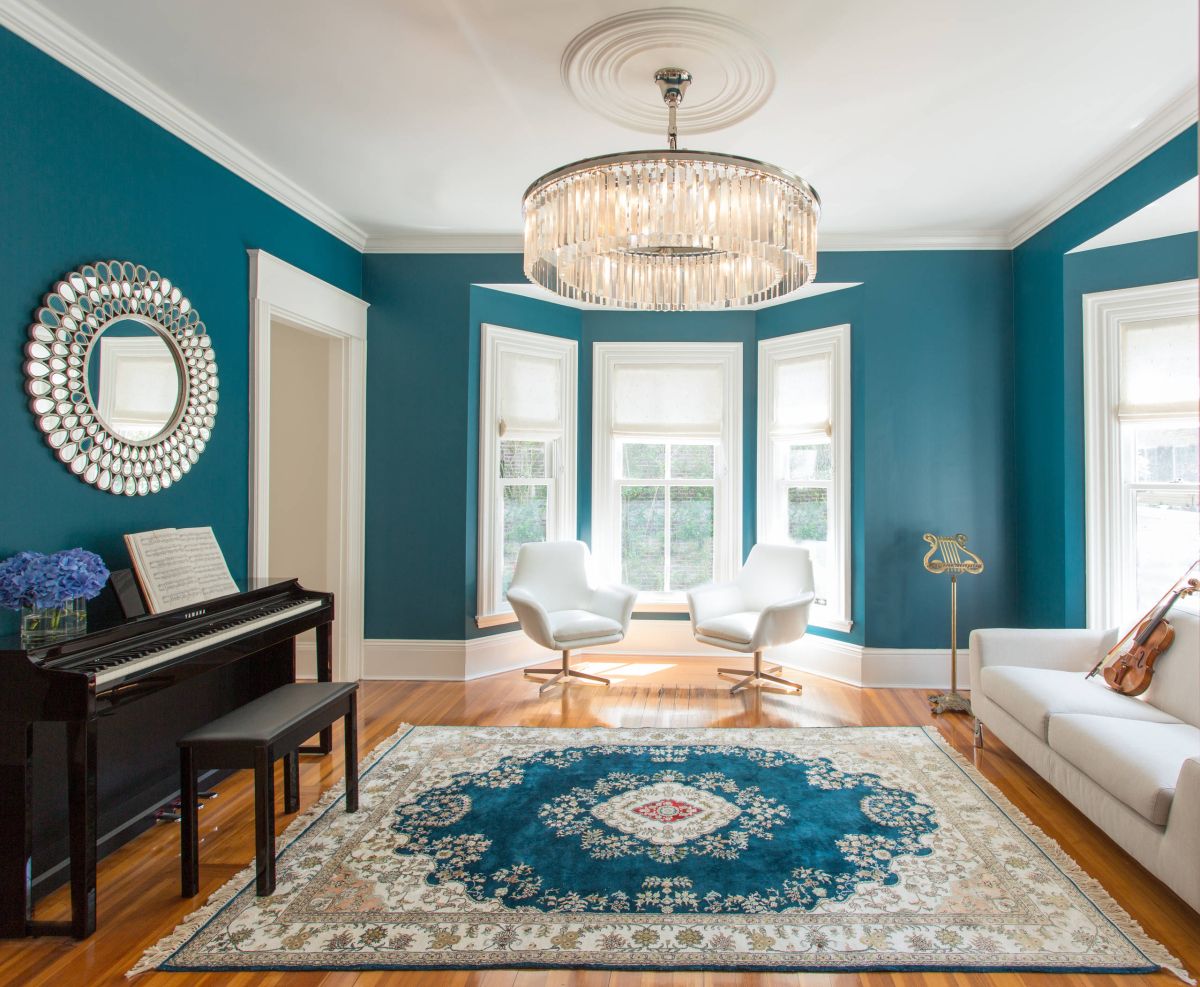

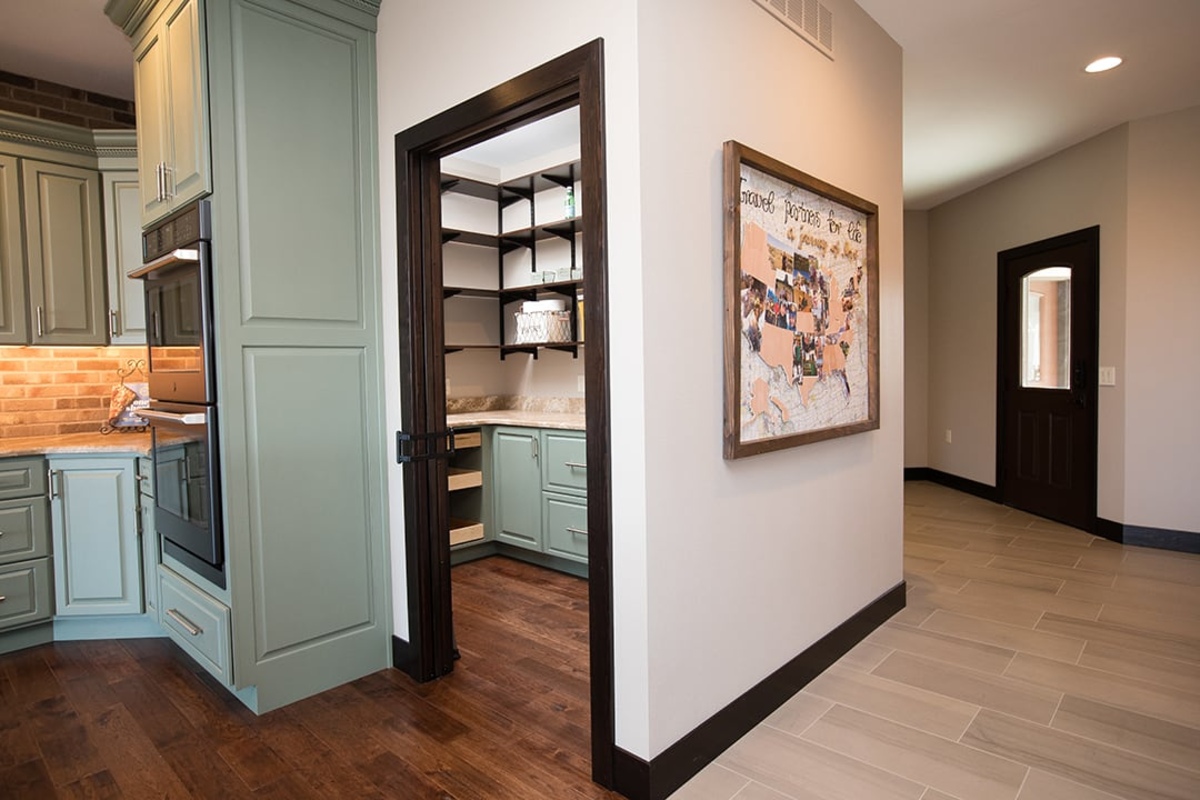
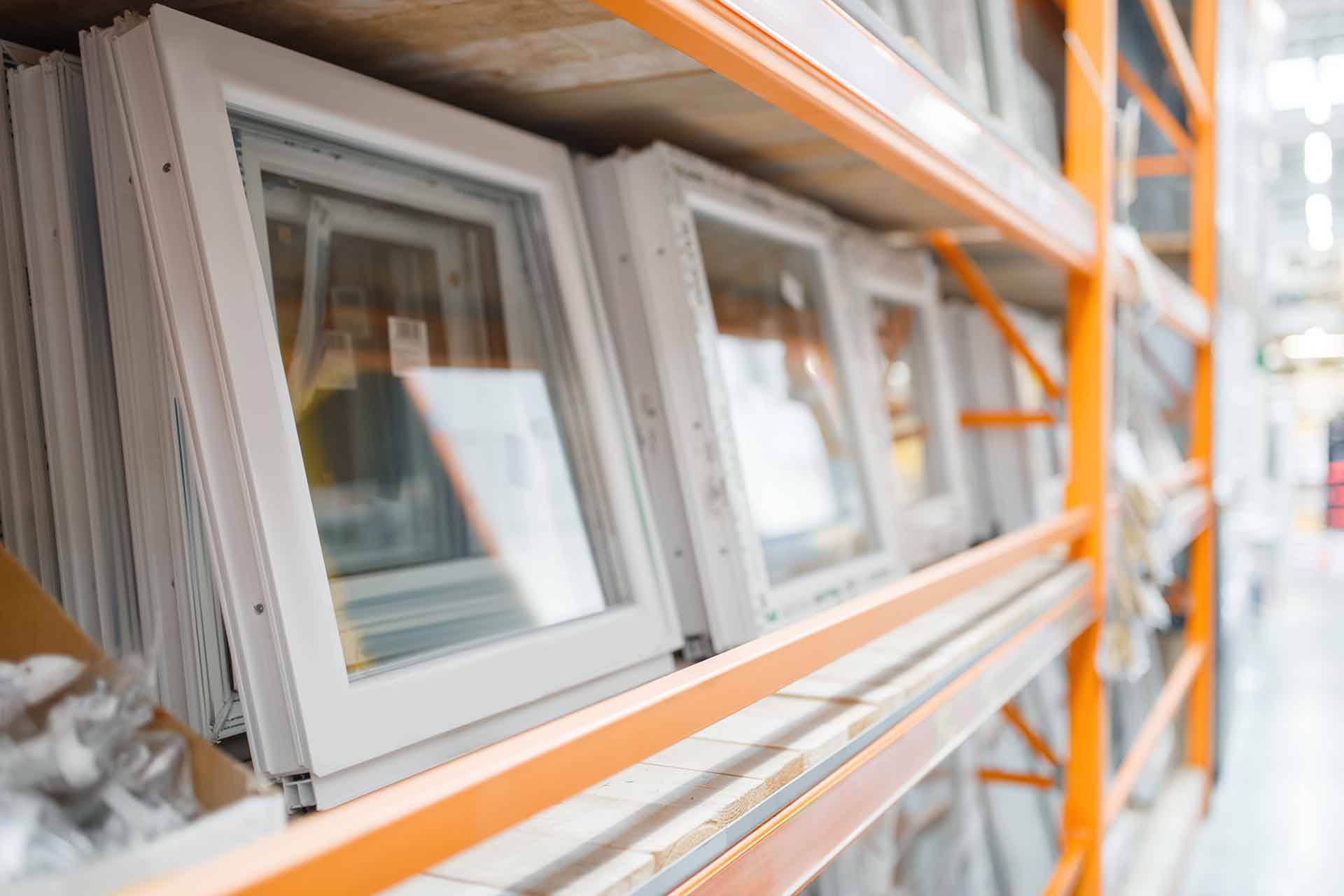

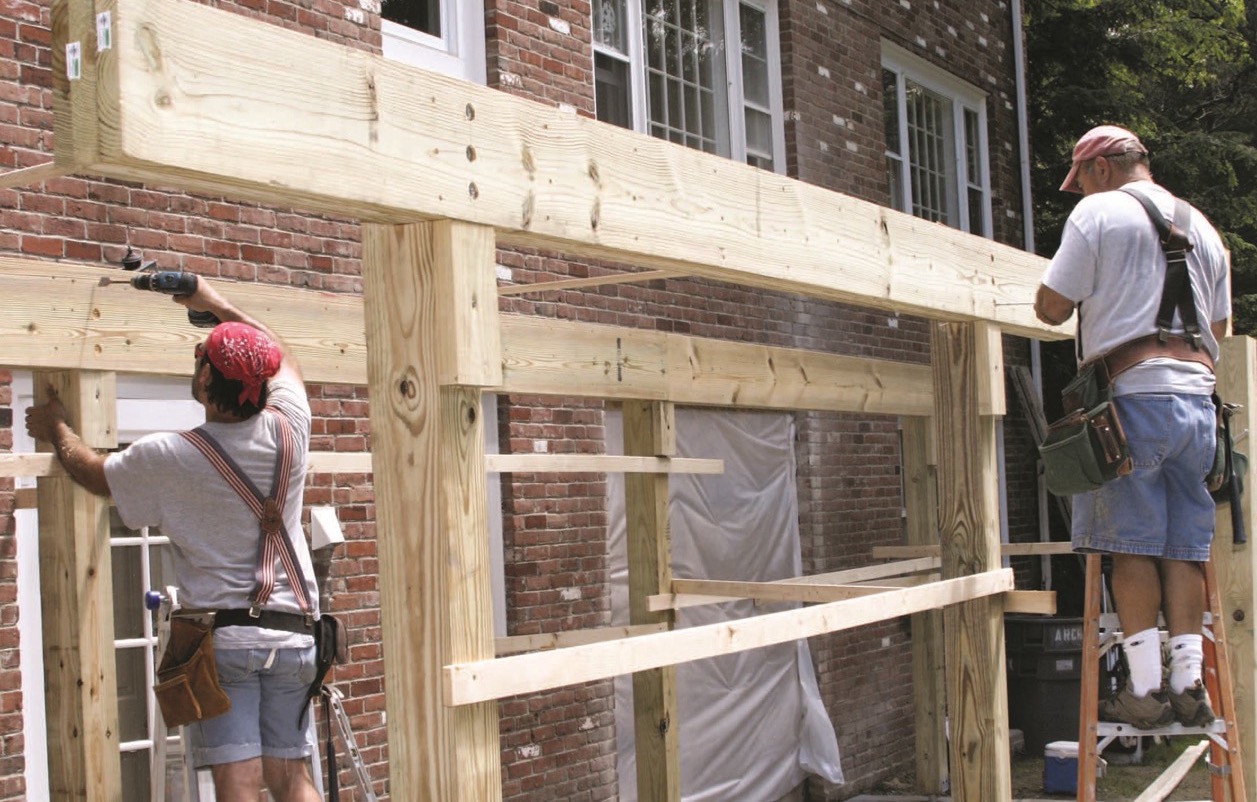
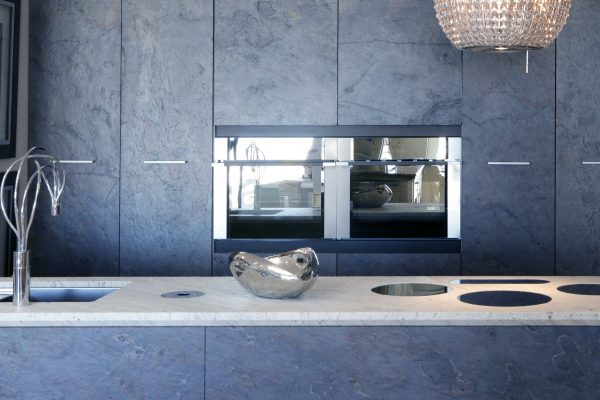
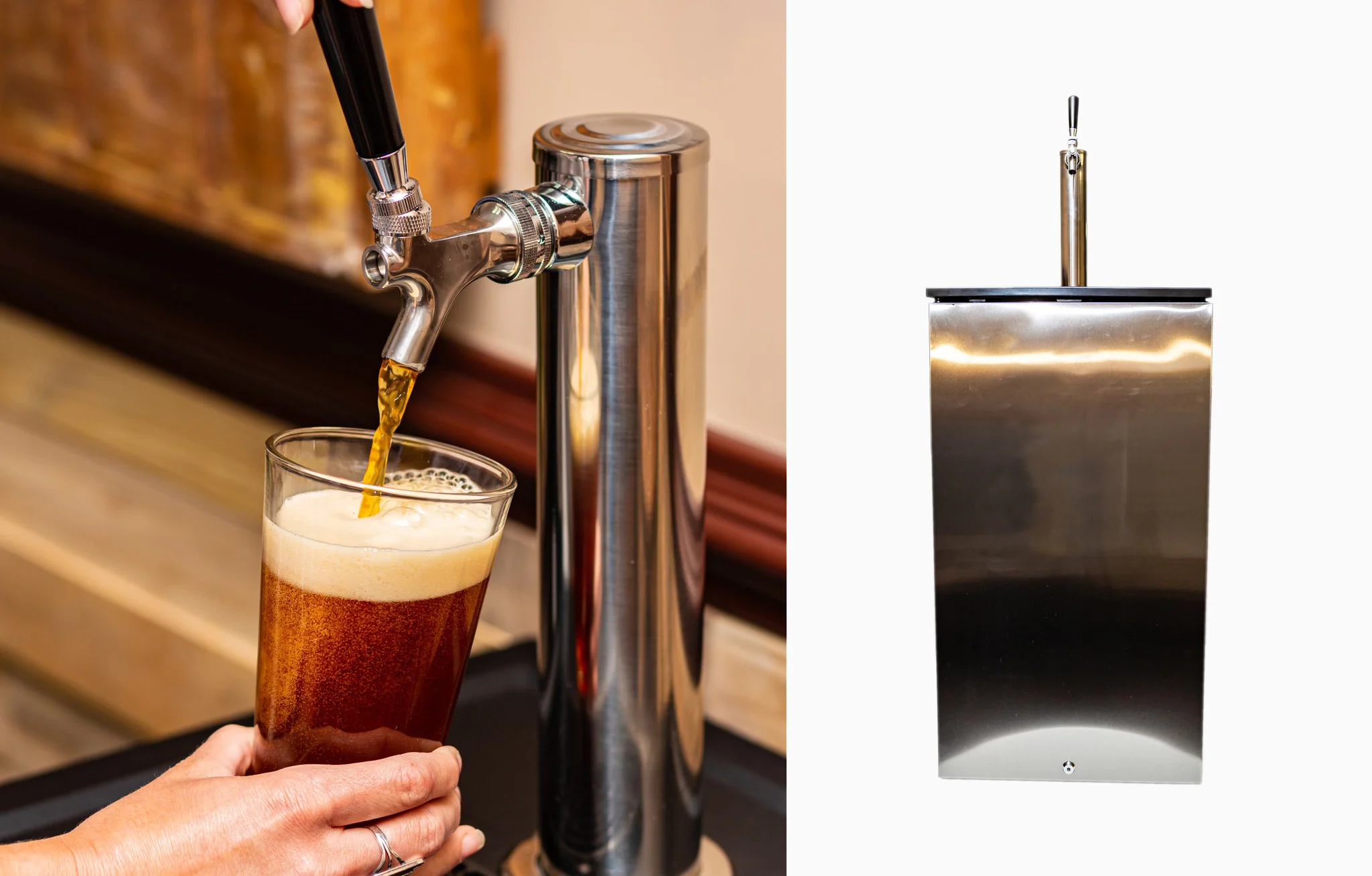
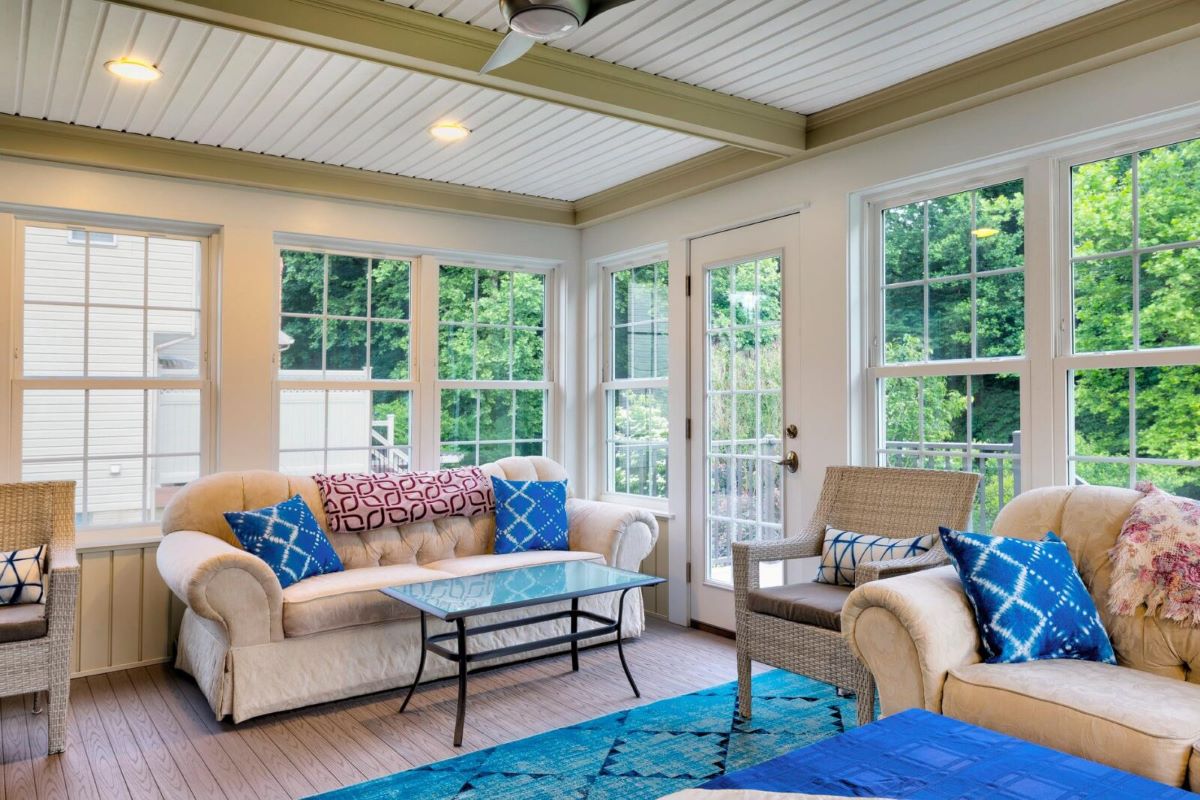

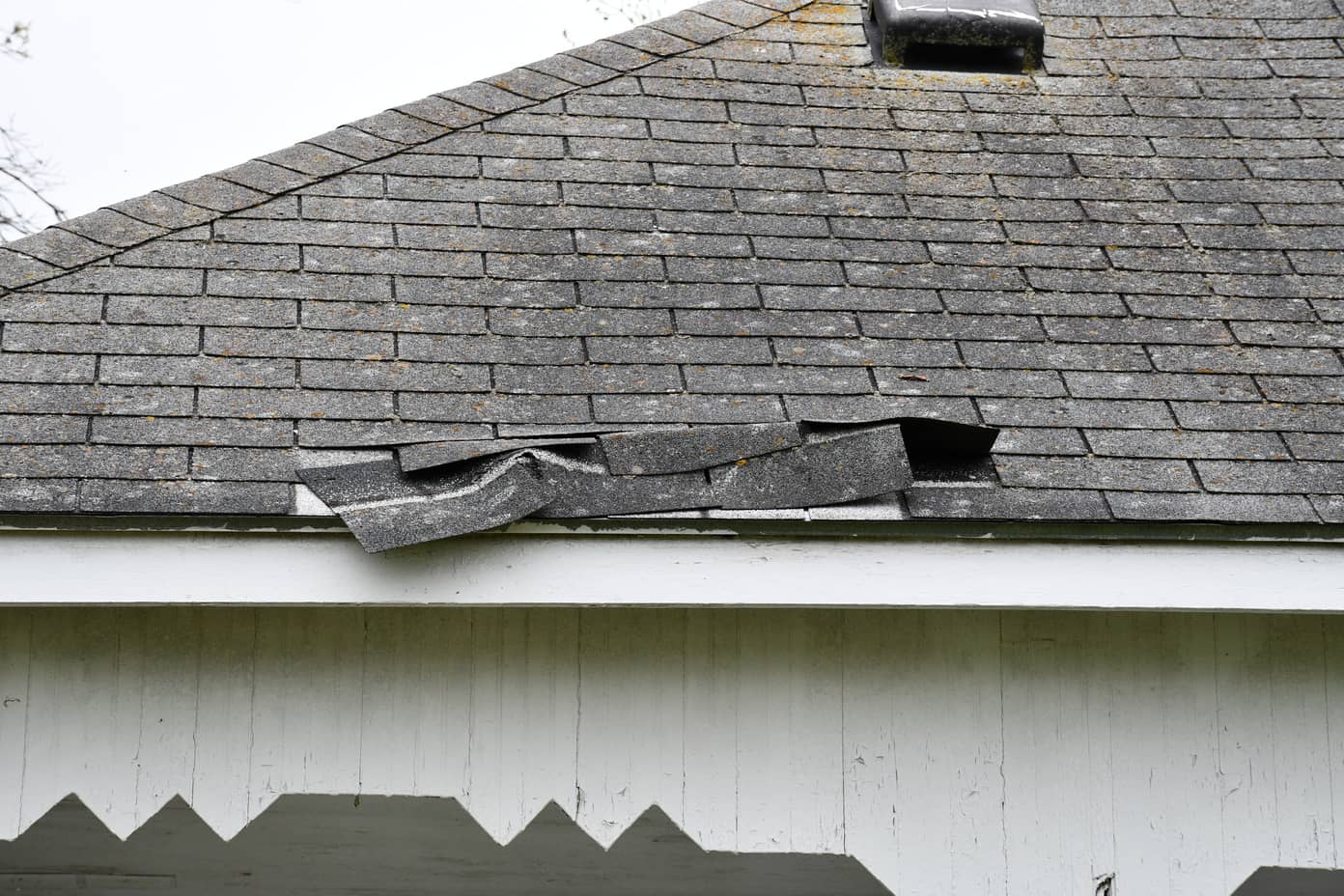
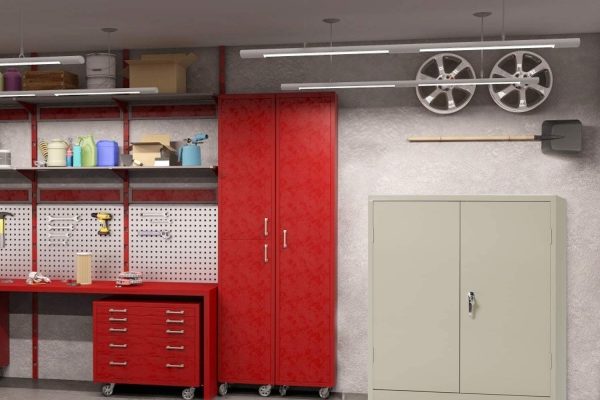

0 thoughts on “Everything You Need To Know When Buying A Townhouse”